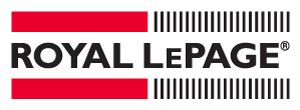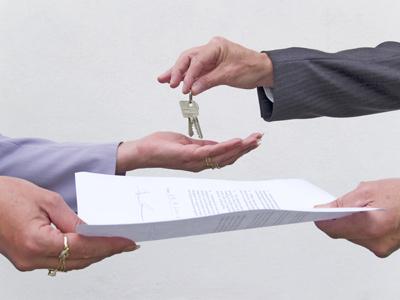Too low.
Pricing it too low can pose problems as well. In a hot market, a low price can actually spark multiple offers, which is great for you, because a bidding war will only drive up the price. But if there’s not enough interest, a lower price means you won’t make as much as you could have. It can also make potential buyers wonder what’s wrong with it. Plus, it could also mean you end up missing a key demographic. For example, if the homes in your area are selling for $400,000-500,000, and you list your place at $350,000, people looking in the original range won’t even see your listing.



